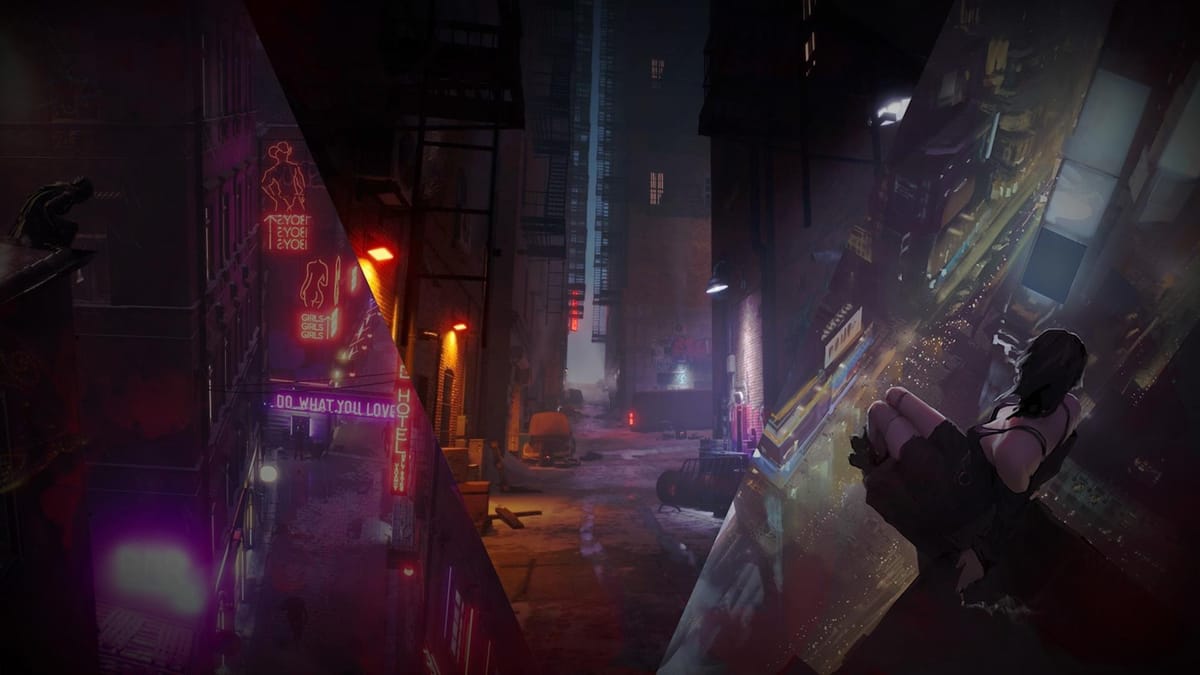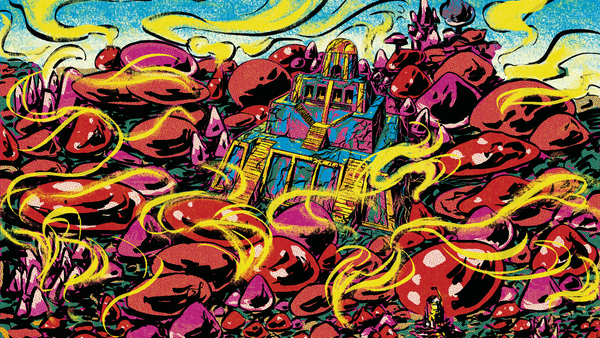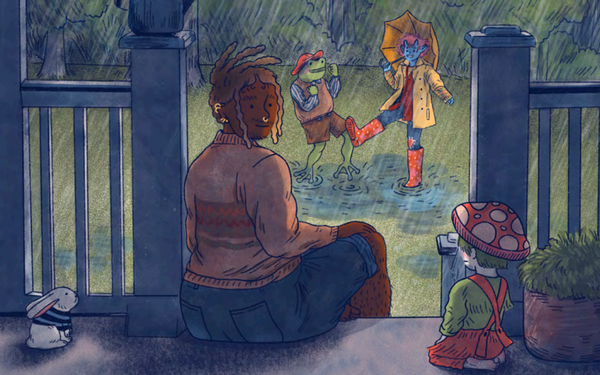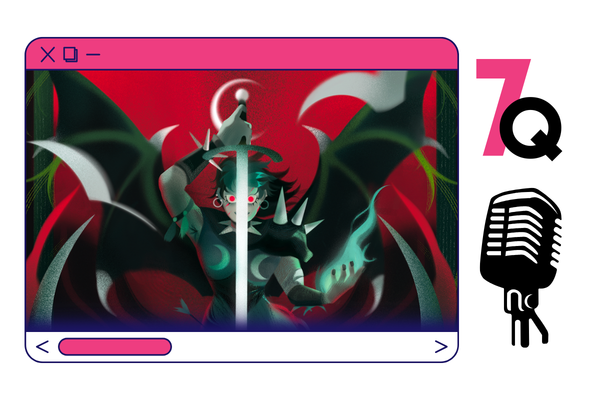White Wolf denies using Generative AI in tabletop RPGs
A recent spate of job postings fuelled concerns that the revamped tabletop publisher would pursue AI usage in new books.

Last Friday, July 25, tabletop RPG publisher White Wolf advertised open positions to develop classic games such as Vampire: The Masquerade and Mage: The Ascension. A post on Bluesky quickly gained attention as people discovered the form application for all positions — which included roles such as lead game designer, editor/rules manager, and commissioning art director — included a troubling question: “In our dynamic work environment, we embrace the integration of AI tools to enhance efficiency and innovation. Could you share any experiences you have with using AI tools in your workflow?”
White Wolf is back, and we are hiring. We're building something new in Stockholm: a studio dedicated to world-class storytelling, gothic horror, and the future of the World of Darkness. career.paradoxplaza.com/jobs/ Join us.
— World of Darkness (@worldofdarkness.bsky.social) 2025-07-25T15:14:57.261Z
A Reddit thread quickly developed, discussing the wording and its potential implications. Some quickly assumed that the vagueness of “AI tools” might imply that White Wolf was embracing generative AI, a technology that has been proven to be exploitative, hallucinatory, and ecologically devastating. Recent reports have tied generative AI chatbots like ChatGPT to psychosis and decreased brain activity while performing tasks during and after using it. Many tabletop RPG creators and publishers have rejected AI, and larger companies such as Wizard of the Coast have clarified specific policies forbidding the use of generative AI in artwork as a response to public criticism, and specifically after an artist admitted to using genAI for his work in Bigby Presents: Glory of Giants. (This work was replaced in later editions and online.)
Rascal reached out to White Wolf to inquire about this phrasing and which part of the company — owner Paradox, White Wolf, or World of Darkness — included this question within the hiring form. A representative responded with the following statement, which we include in full:
White Wolf does not use generative AI in our TTRPG books, whether developed in-house or through our partner licensee, Renegade Game Studios. Both White Wolf and Renegade strive to ensure that all art and copy is the original work of the artist and writer. The AI question is standard and required in all Paradox Interactive job applications. It isn't specific to White Wolf. It can refer to AI-powered tools like Grammarly, Asana, Google Lens, and not to generative AI art and text in our books.
We additionally asked if White Wolf had a stance on generative AI but did not receive a direct answer. There is no obvious genAI policy on either the White Wolf, World of Darkness, or Paradox Interactive sites.
White Wolf seems to understand that using generative AI would be perceived as a betrayal by the fans and players of their various tabletop RPGs, larps, and video games. The company has invested a lot of resources into a fresh era via new hires — including Dungeons & Dragons and Magic: The Gathering veteran Jess Lanzillo — but that vision will need to resolve the juxtaposed comfort with which owner Paradox Interactive has deployed AI-generated voices in Stellaris.
At the same time, muddy nomenclature means that machine-assisted tools such as the ones White Wolf mentioned above get lumped in with the large language model-powered technologies currently wreaking havoc on the environment, the economy, and our brains. Companies, particularly those in creative industries, should learn to be precise when discussing digital tools, or else get comfortable with public confusion and controversy.





